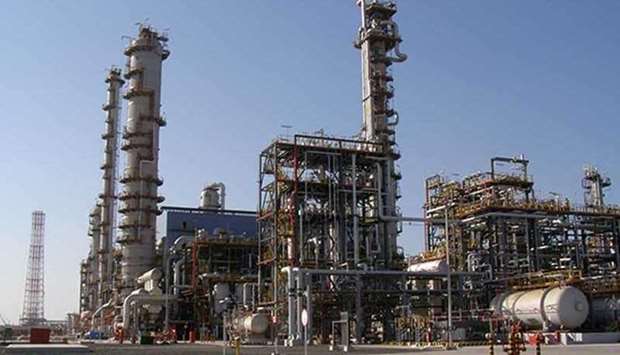* Growing by 4.7% CAGR since 2010, GPCA noted region’s polymer industry has benefited from growing demand in overseas markets
GCC polymer production capacity is expected to have reached 30.9mn tonnes in 2020, growing by 4.7% CAGR since 2010, Gulf Petrochemicals and Chemicals Association (GPCA) has said in a report.
The region’s polymer industry has grown dramatically over the past decades, benefiting from growing demand in overseas markets, GPCA said.
Both 2019 and 2020 were “challenging” for the global polymer industry as a result of uncertainties in the trade war between China and the US, oil price fluctuations and the global Covid-19 pandemic, GPCA noted.
Despite all the concerns, the GCC polymer industry still had its eyes firmly fixed on growth. In 2020, polymer capacity in the region grew by 4.7%, over twice as fast as the global growth rate of 2.1% in the same period.
The GCC plastic conversion industry is gaining momentum as the region is looking to further diversify downstream in the hydrocarbon value chain. The regional plastic conversion market is relatively fragmented with the majority of plastic converters being small, family-owned businesses.
There are an estimated 1,800 plastic converters in the GCC but only a handful can be characterised as large-scale. The majority of the regional’s polymer product supply is being exported out of the region with a small percentage being consumed locally. In 2019, regional production capacity was registered at around 29mn tons with the majority exported out of the region. Polymer exports in 2019 were registered at around 24mn tons (around 83% of total polymers produced), leaving around 5mn tons for local consumption.
Regional polymer supply represents 8% of the total GCC polymer production in 2019, GPCA said.
The region’s major export hubs, China and India are already underway to self-sustain in certain polymers, reducing dependency on imports from the GCC and other parts of the world. This is an indicator to the GCC countries to reduce dependence on export markets and start investing in enhancing captive consumption, it said.
Also, as regional demand for plastic products will continue to expand, companies with a primary focus on plastic polymers will start to move towards plastic conversion. At the same time, most GCC polymer producers lack the experience in developing plastic conversion and have little familiarity with diversifying products and developing close technical partnerships with consumers, which are essential factors for success in the plastic conversion industry – making the regional conversion industry a fragmented one.
GPCA noted, “Looking ahead, these factors are important and contribute to a critical need for GCC commodity producers to partner with, or acquire, plastic conversion companies in order to obtain strategic knowledge. The increasing demand for recycled products and increasing focus on the afterlife of plastic products will encourage integration even further – towards a circular economy for plastics.”

